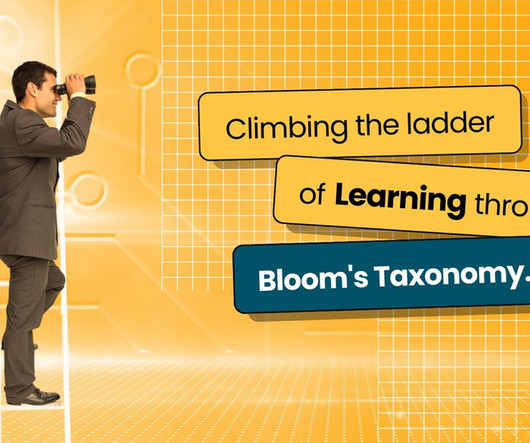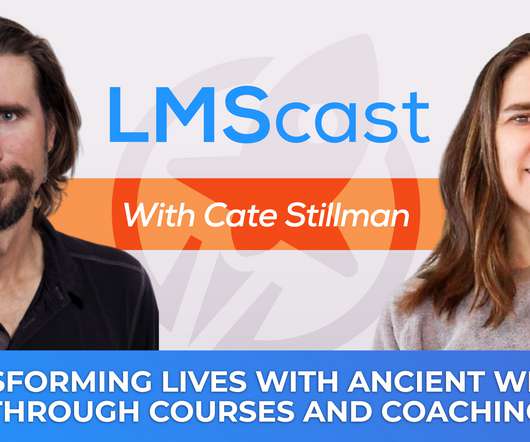Autonomy in Learning: Test Your Knowledge!
KnowledgeOne
MAY 29, 2024
This topic seems more relevant than ever, given the growing importance of online training, which can require learners to be more autonomous than face-to-face approaches. Do you know what self-training is? To find out exactly what self-training is: Self-training 101 Self-Training: The Evolution of a Fundamental Concept 2.





































Let's personalize your content